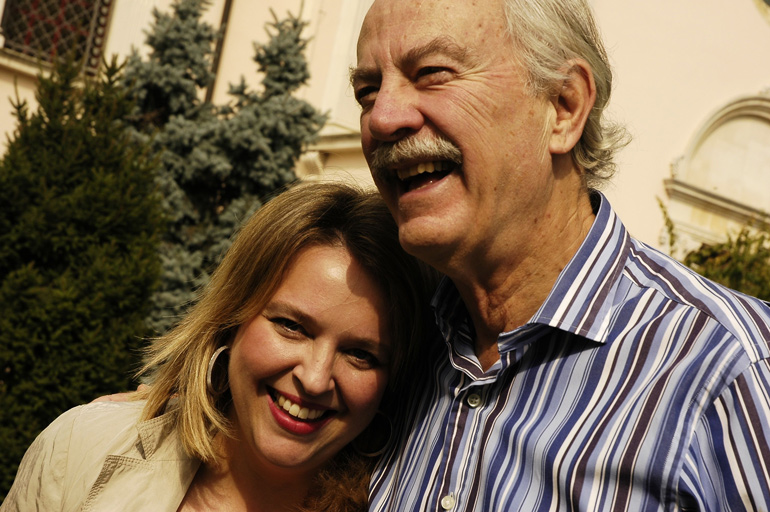
Italian-based, American-born keyboardist and conductor Alan Curtis died suddenly on July 15 in Florence at the age of 81. His contribution to the revival of Italian Baroque opera was huge, he left a rich legacy of period-performance resources for organ and harpsichord, and helped boost the careers of Canadian soprano Karina Gauvin and mezzo Marie-Nicole Lemieux through recordings made with his period-instrument ensemble, Il complesso barocco.
Curtis, who was born and educated in Illinois – with a two-year break in Holland to study alongside the late Gustav Leonhardt – seemed to have boundless curiosity and worked incessantly. He lived and breathed the Baroque, making sure the music of the period would, in turn, live and breathe for a modern-day listener.
Central to his embrace of the period was an insistence on the naturalness of its musical rhetoric. Curtis’s constant scholarship was also shaped by a keen sense of what is possible dramatically, helping others in Europe and North America see how the seemingly static nature of Baroque opera could be successfully translated into gripping performances.
Curtis made his first mark early. His PhD thesis, on the keyboard music of Jan Pieterszoon Sweelinck (1562-1621) became the definitive source for interpreters after it was published in the 1960s. Curtis was a fierce harpsichord player, commissioning replicas of significant period instruments and then showing the world how they could best be played.
Curtis’s recordings of Bach keyboard works are filled with a grace and fluidity that belie the 20th century’s post-Romantic imperative to play that music with absolute metrical precision:
But Curtis was best known for his carefully researched, richly nuanced and deeply compelling interpretations of Italian baroque opera, especially the operas of George Frideric Handel. His small ensemble, which he founded in 1979 and always led from the keyboard, became an extension of his enthusiasm.
The impression that Curtis, the Complesso barocco and his chosen singers left was that small can be mighty and that no nuance is too insignificant to appreciate in Baroque music.
Canadian singers Karina Gauvin and Marie-Nicole Lemieux enthusiastically joined his merry band in recording Italian opera, an added bonus. Gauvin’s album of arias by Nicola Porpora is spectacular by any measure:
Here are Gauvin, Lemieux and the Complesso barocco, led by Curtis in “Streams of Pleasure” from Handel’s Theodora:
Curtis may now be gone, but he left a huge discography and a wide circle of acolytes. His work has inspired younger performers as well as audiences enough to ensure that his legacy should hold for a long time.
- Classical Music 101: What Does A Conductor Do? - June 17, 2019
- Classical Music 101 | What Does Period Instrument Mean? - May 6, 2019
- CLASSICAL MUSIC 101 | What Does It Mean To Be In Tune? - April 23, 2019
#LUDWIGVAN
Want more updates on Toronto-centric classical music news and review before anyone else finds out? Get our exclusive newsletter here and follow us on Facebook for all the latest.



